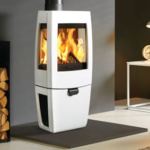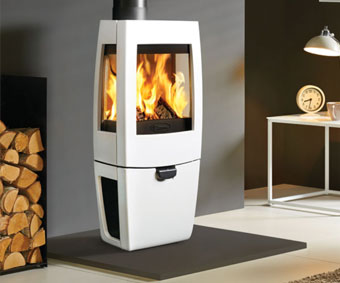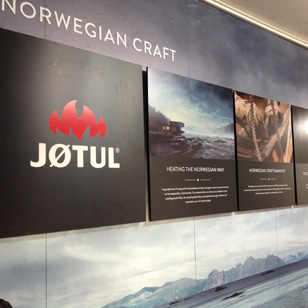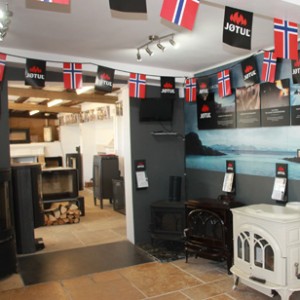Dovre
 Dovre make an extensive range of stoves and inset fireplaces in traditional and contemporary designs.
Dovre make an extensive range of stoves and inset fireplaces in traditional and contemporary designs.Named after the beautiful but enduring Norwegian mountain range Dovre’s wood burning, multi-fuel, electric and gas stoves, fires and fireplaces come from 60 years’ experience crafting innovative, high performance heating products built for the harshest Arctic winters.
Scandinavian Reliability Built In
Built to last Scandinavian winters, you can rely on premium quality, cast iron Dovre fireplaces, stoves and accessories.
In fact, Dovre’s manufacturing expertise with premium grade cast iron is such that all cast parts on their wood burning stoves and fireplaces come with a 5 year guarantee. With expertly crafted wood burning and multi-fuel fires and stoves as well as highly convenient gas and electric models, there is a Dovre for every home.
Each of Dovre’s stoves and fires begins its life in their foundry.
Firing at up to 1500°C, furnaces melt down the raw materials to make high quality cast iron for their wood burning stoves and fires. Moulded with absolute precision for strength and longevity, the cast iron used in Dovre products has excellent durability and thermal qualities. Radiating heat long after the fire has died, the cast iron stoves and fires retain their shape even after years of use. Thanks to its versatile nature, cast iron can be crafted into a huge variety of shapes and textures. This brings beauty and presence to your interior whether traditional or contemporary. Whatever your choice – wood burning, multi-fuel, electric or gas stove – your cast iron Dovre stove or fireplace will be built to the uncompromising standards you would expect from our Scandinavian heritage.



